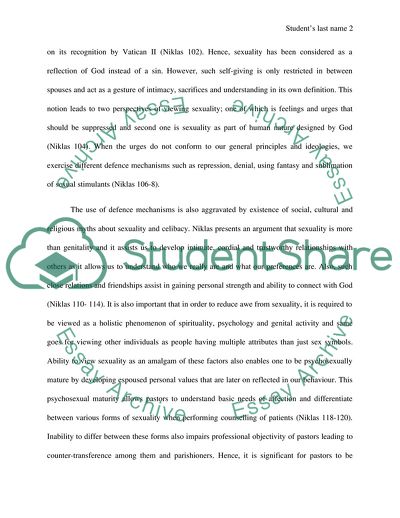Cite this document
(Stages of Faith Article Example | Topics and Well Written Essays - 1750 words, n.d.)
Stages of Faith Article Example | Topics and Well Written Essays - 1750 words. https://studentshare.org/religion-and-theology/1805764-stages-of-faith
Stages of Faith Article Example | Topics and Well Written Essays - 1750 words. https://studentshare.org/religion-and-theology/1805764-stages-of-faith
(Stages of Faith Article Example | Topics and Well Written Essays - 1750 Words)
Stages of Faith Article Example | Topics and Well Written Essays - 1750 Words. https://studentshare.org/religion-and-theology/1805764-stages-of-faith.
Stages of Faith Article Example | Topics and Well Written Essays - 1750 Words. https://studentshare.org/religion-and-theology/1805764-stages-of-faith.
“Stages of Faith Article Example | Topics and Well Written Essays - 1750 Words”. https://studentshare.org/religion-and-theology/1805764-stages-of-faith.


